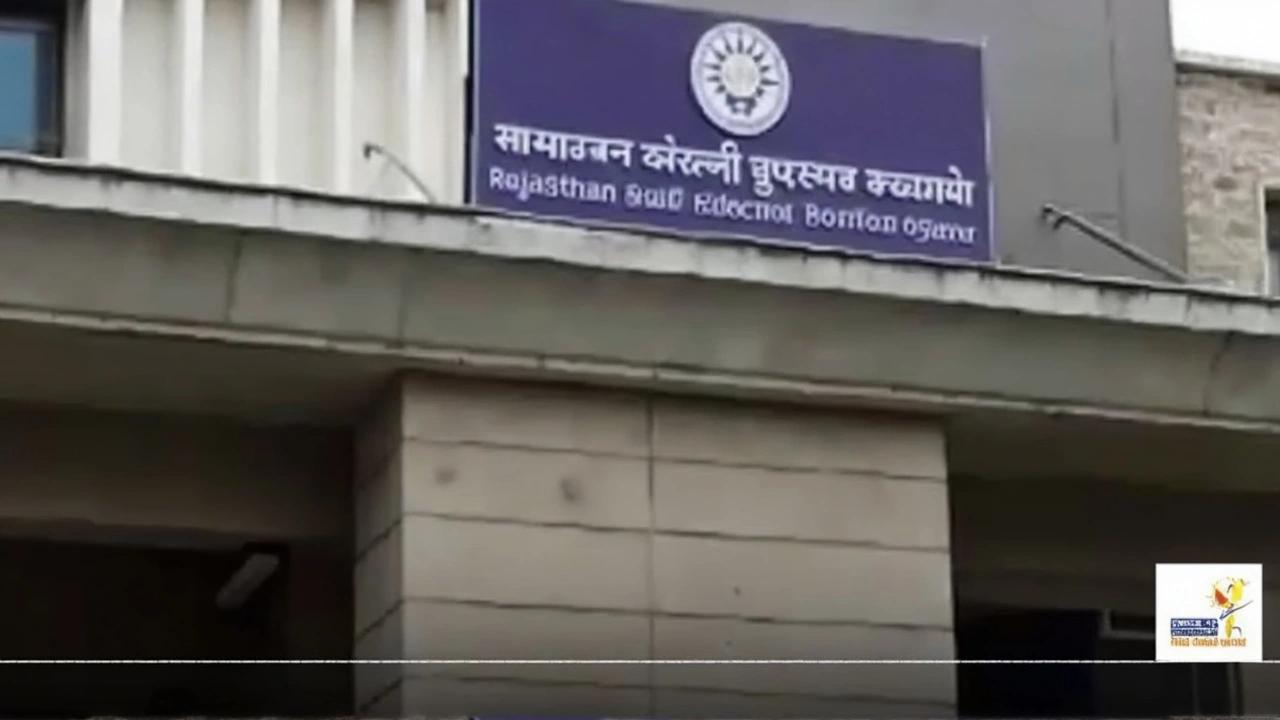12th level exam guide: how to prep smart and stay stress‑free
If you’re staring at the syllabus for your 12th level exam and wondering where to start, you’re not alone. Most students feel overwhelmed at first, but a simple plan can turn that mess into momentum. Below you’ll find easy steps you can follow today to boost your confidence and score better.
Build a realistic study schedule
First, break the entire syllabus into bite‑size chunks. List each subject, then list the chapters under it. Allocate 1–2 hours per chapter, depending on how tough it feels. Stick the schedule on a wall or use a phone app so you can see it every day. Remember to add short 10‑minute breaks after every 45 minutes of study – your brain works better that way.
Don’t try to cram everything in the last two weeks. Start at least three months before the exam, and keep a weekly review day. On that day, skim through the notes you made earlier and do a few practice questions. This steady review locks the material in long‑term memory.
Pick the right study material
For math and physics, NCERT textbooks are still the gold standard. Their examples match the exam style, and the explanations are concise. For chemistry, mix NCERT with a good reference book that adds solved examples – it helps you see different ways to tackle a problem.
When it comes to biology, focus on diagrams. Draw them yourself, label them, and then test yourself by covering the labels. For languages, read a short story or article every day and write a quick summary. This builds comprehension and writing fluency.
Online platforms like BYJU'S, Unacademy or Khan Academy offer free videos that explain tough concepts in 5‑minute clips. Use them only when a topic feels fuzzy after reading the textbook.
Practice, practice, practice
Mock tests are the shortcut to exam day confidence. Take a full‑length mock every two weeks and treat it like the real thing – no phone, no pauses. After each test, spend an hour reviewing every mistake. Write down why you got it wrong and how to avoid it next time.
For quick drills, solve past year papers for 30 minutes each evening. This trains you to spot the pattern of questions and manage time better. If you can’t finish a section, move on and return later – the exam won’t penalize you for skipping a question.
Stay healthy and stress‑free
Sleep is non‑negotiable. Aim for 7‑8 hours each night; cramming late into the night dulls concentration. Eat balanced meals – a handful of nuts, a bowl of fruit, and plenty of water keep your brain sharp.
Do a short workout or walk for at least 15 minutes a day. Physical activity releases endorphins that help you stay calm during study marathons. If anxiety spikes, try deep breathing: inhale for four seconds, hold for four, exhale for four, and repeat three times.
FAQs you might ask
How many hours should I study each day? Aim for 4–6 hours of focused study, split into sessions with breaks. Quality beats quantity.
What’s the best way to remember formulas? Write them on a sticky note, place it on your desk, and read it aloud each morning.
Can I skip a subject if I’m strong in others? No. All subjects carry weight, and a low score in one can drag down your overall result.
Follow these steps, keep a steady pace, and you’ll walk into the exam hall feeling prepared rather than panicked. Good luck, and remember: consistency is the key that turns effort into results.
RSMSSB CET 2024 Results Announced: Key Details for Aspiring Candidates
The RSMSSB has declared the CET 2024 results for both Graduation and 12th levels, announced on February 12 and 17, respectively. Conducted in late 2024, the exams assessed candidates in various subjects. The results are available online, and successful candidates will proceed to document verification for state department placements.
